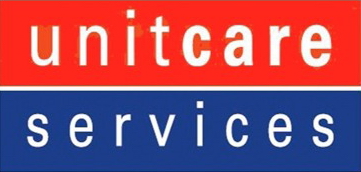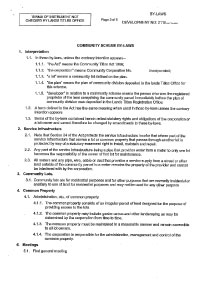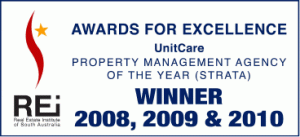Community Corporation By-Laws

In this chapter, we explain the by-laws, some examples, enforcement, and amending.
By-laws are the rules of the community corporation. Each corporation has its own by-laws. The by-laws bind the lot holders, tenants and the corporation to an agreement regarding the use and upkeep of units and common property. While legal obligations under the Community Titles Act cannot be avoided or changed, the by-laws are determined by the corporation itself.
Every Community Corporation has a set of by-laws. These are constructed by the developer’s conveyancer or legal practitioner when the group is lodged as a plan with the Lands Titles Officer. The by-laws can be amended by the Corporation.
Legislation
75—Functions and powers of corporations
(1) The functions of a corporation are:
(d) to enforce the by-laws and the development contracts (if any);
By-laws can be quite prescriptive, some common provisions compel the owner or occupier to:
- keep the unit in a clean and tidy condition.
- not interfere with lawns, gardens etc. on the common property.
- not display signs without consent.
- not keep animals in or about the unit without consent.
- notify the corporation of changes in ownership or occupier.
- use the common property reasonably.
- yard is a mess – overgrown
- rubbish about the unit
- no rubbish bin
- leaking hot water service
What does this mean?
The corporation has an obligation to enforce the by-laws when it is aware that a resident, visitor or owner are in breach.
Best Practice
The Corporation and its officers need to ensure they have evidence of a breach before warning or ‘breaching’ the owner or resident. Examples are:
- a signed diary by affected residents
- photographs
- officers sighting the problem
In the case of tenants, call the owner or their agent rather than the tenant. It is up to the owner or their agent to deal with their tenant or their visitors.
See Disputes Chapter for more.
Legislation
How to Change the by-laws of a Community Corporation: By-laws of a corporation can be changed by a special resolution of its members, but any change must be lodged with the Registrar General at the Lands Titles Office to be effective and legal. We suggest your group seek the advice of a licensed conveyancer or lawyer.
Section 39—Variation of by-laws
(1) Subject to section 87(2), by-laws may be varied by special resolution of the
community corporation.
(2) Within 14 days after the passing of a resolution varying the by-laws or the making of an order by a court varying a by-law, the corporation must lodge with the Registrar- General:(a) a copy of the by-laws as varied; and
(b) a copy of the resolution or order; andThe Registrar-General may extend the period for lodgement in the case of variation of the by-laws by a court order but not in the case of variation by resolution.
(4) In the case of variation of the by-laws by resolution, the corporation must provide evidence to the satisfaction of the Registrar-General that the variation was made by a special resolution of the corporation.
(5) Copies of the resolution and the by-laws as varied must be certified in accordance with the regulations.
(5a) The certified copy of the by-laws must be endorsed with a certificate, in the form prescribed by regulation, from the person who prepared the by-laws or an officer of the community corporation certifying that the by-laws have been correctly prepared in accordance with this Act.
(6) If the requirements of this Part are satisfied, the Registrar-General must file the certified copy of the by-laws with the plan of community division in substitution for the copy previously filed with the plan.
(7) If a community corporation fails to comply with the requirements of this section in relation to the variation of the by-laws by a court order, a member of the corporation may comply with them on its behalf.
Tools
The following examples of by-laws and our disputes chapter may assist in the running of your group.
|
By-Laws example 1 |
By-Laws example 2 |
Disputes chapter |



